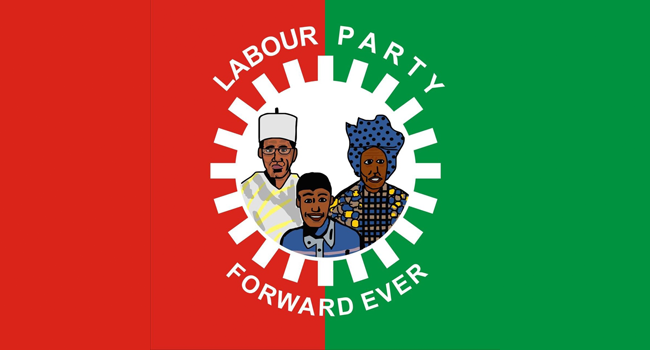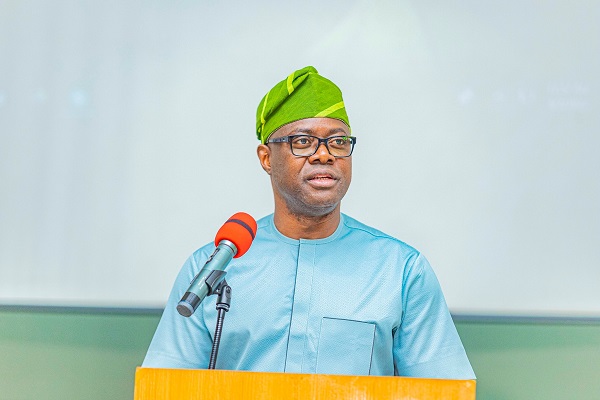Former President Olusegun Obasanjo and other prominent global leaders are set to deliver keynote addresses at the Summit on the State of Democracy in Africa, taking place on Wednesday, May 22, at the Shehu Musa Yar’Adua Centre in Abuja. Organized by the Olusegun Obasanjo Presidential Library and the Shehu Musa Yar’Adua Foundation, with support from the Ford Foundation and Trust Africa, the summit aims to address the challenges and opportunities facing democratic governance across the continent.
In a statement issued by the organizers on Sunday, May 19, the summit is described as a high-profile forum designed to evaluate the state of democracy in Africa. With significant political changes and a surge in military coups as a backdrop, the summit will focus on the threats to fragile democratic processes in various African nations. Distinguished speakers such as H.E. Olusegun Obasanjo, Ms. Amina Mohammed (Deputy Secretary-General of the United Nations), and Mr. Darren Walker (President of the Ford Foundation) will address the critical role of civic engagement in strengthening democratic institutions.
The summit will feature discussions on key topics, including the current achievements and challenges in Africa's democratic landscape, the impact of military coups on democratic integrity, and the exploration of democratic models that reflect Africa's unique historical and cultural contexts. Insights from Afrobarometer surveys on citizen perceptions of democracy, as well as strategies for enhancing democratic resilience, will also be presented.
The event aims to foster constructive dialogue among African leaders, policymakers, academics, and civil society representatives. The goal is to deepen understanding of the state of democracy in Africa, promote intercontinental collaboration for sustainable governance, and develop actionable strategies to address the continent's democratic challenges.
The summit is expected to attract a diverse audience, including government officials, civil society leaders, scholars, and the public, all of whom are stakeholders in the future of democratic governance in Africa.




